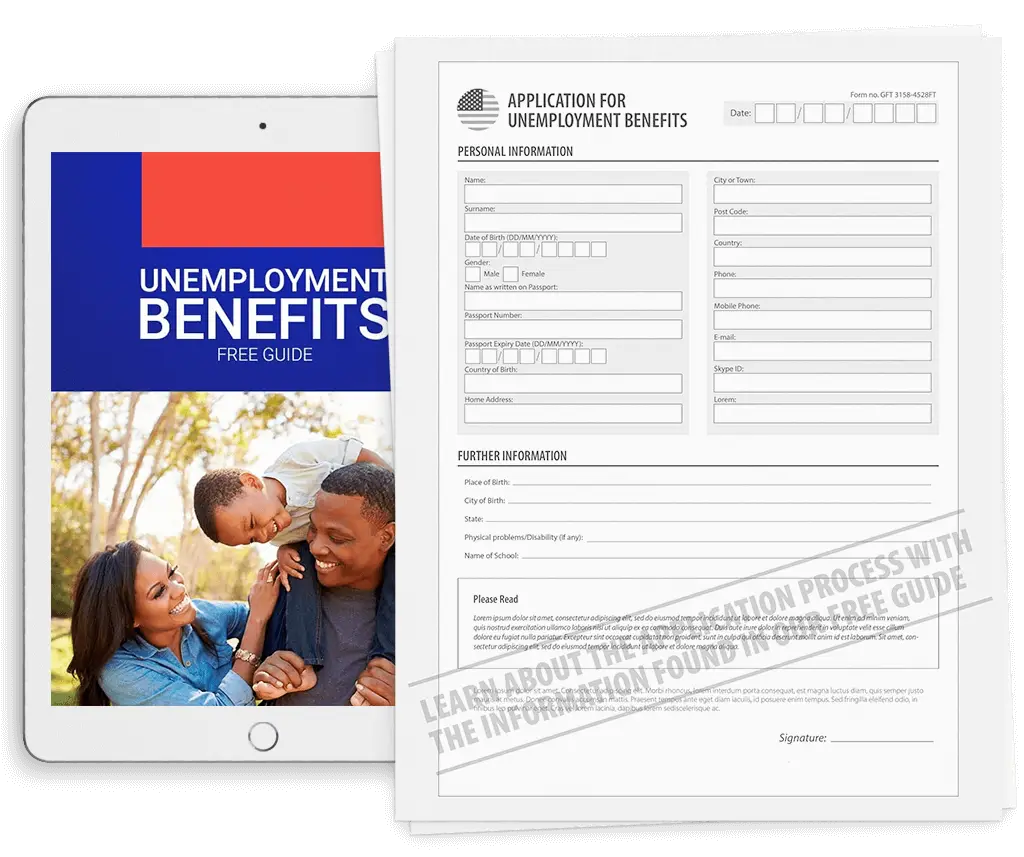Former workers in the United States who were denied unemployment benefits can start the unemployment denial appeal procedure if they want to try to obtain a more favorable decision regarding their UI claim. The reasons for denied unemployment claims may vary across the country, as different state Unemployment Insurance agencies set different eligibility criteria. Some of the most common reasons for denial include if you lose your job as a result of misconduct or refuse to take a job which is suitable to your skills.
Certain workers may also lose their positions as a result of wrongful termination and still be denied unemployment benefits. If you belong in this group of applicants, you have the right to appeal. In general, each state has instituted a multi-layered appeals system. For example, in California you can submit an unemployment denial appeal at three different levels. If you disagree with the decision at one level, you can appeal it at the next.
Petitioners who had their unemployment compensation benefits denied can review the following sections to get an answer to the important question, “What can I do if Unemployment denied me benefits?”:
- Why would I be denied unemployment benefits?
- What to do if I was wrongfully terminated?
- Basics to appeal a denial for unemployment benefits
Why would I be denied unemployment benefits?
Unemployment Insurance (UI) agencies that have denied unemployment benefits to applicants are simply following the Department of Labor’s program rules. Furthermore, different state UI programs may implement additional requirements, which result in more denials. In general, you may have your unemployment benefits denied for the following reasons:
- You supplied incorrect information and/or forged documents during the UI application process.
- You voluntarily left your employment without providing your employer with a good reason for doing so.
- You did not register for work through your local workforce center, or you were unable to work.
- You refused a legitimate offer of suitable employment.
- You were fired due to misconduct related to your position.
Prior to applying for unemployment benefits in the U.S., you must familiarize yourself with your state’s policies regarding decisions of denied unemployment benefits. By doing so, you will learn whether or not your UI agency’s reasons for denying your unemployment application were justified. Then, you can consider filing an unemployment denial appeal, if you believe that the agency’s decision was unjust.
What can I do if I was wrongfully terminated?
In some cases, wrongful termination may be the reason why certain workers lose their jobs. The majority of U.S. states follow the legal premise of at-will employment, according to which, both the employer and the employee can terminate the employment agreement without any legal consequences. However, certain exceptions exist. For instance, if you were fired for one of the following reasons and were denied unemployment benefits, you have cause to file an unemployment denial appeal due to wrongful termination:
- You lost your job as a result of discrimination, based on your race, age, religion or other unlawful reason.
- Your signed employment contract was breached when your employer violated the agreement’s stipulations.
- You exercised your public policy rights, such as serving in a jury or enlisting in the military, and were still fired.
- You were fired because you declined to engage in illegal activities per the instruction of your employer.
Note: The above list is not all-inclusive.
Basics to Appeal a Denial for Unemployment Benefits
If you had your unemployment benefits denied in the United States, and you believe that your local UI office’s decision was unjust, you can submit an unemployment denial appeal. Depending on the specific policies and procedures of the state, you may be able to appeal at different levels. However, regardless of the number of appeal options available to you, you will be required to file your unemployment denial appeal within a specific timeframe after receiving the initial decision about your claim.
The process of appealing a decision consists of several steps. First, you must submit a written appeal to your state UI office within 20 to 30 days, along with a copy of the UI agency’s initial decision regarding your denied unemployment benefits. You must also include your full name, contact information, Social Security Number and the reason for your appeal. Then, your state’s Unemployment Insurance agency will schedule a hearing for your case and notify you in advance about the time and place of the inquiry. The hearing officer or judge will then make a decision after you present your case.
If you are not satisfied with the judge’s decision, you can submit a second-level unemployment denial appeal to your state’s board of appeals by following steps similar to those above. In certain states, if you lose at the second level of appeals, you may have the option to take your case to the state’s Superior Court.
